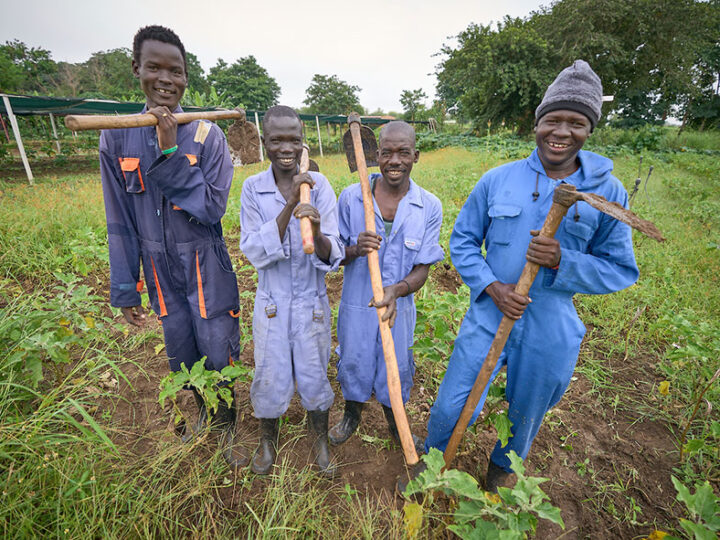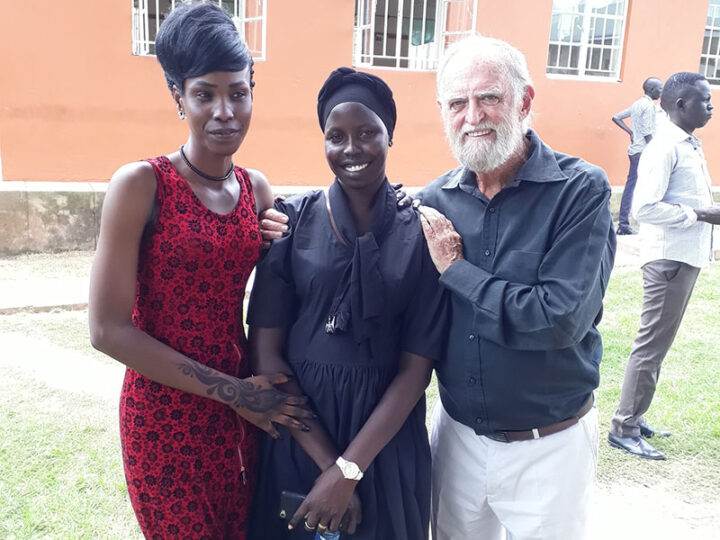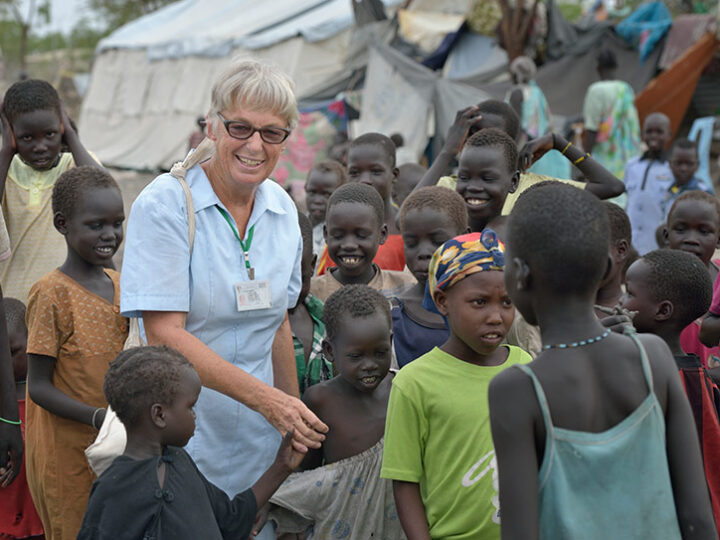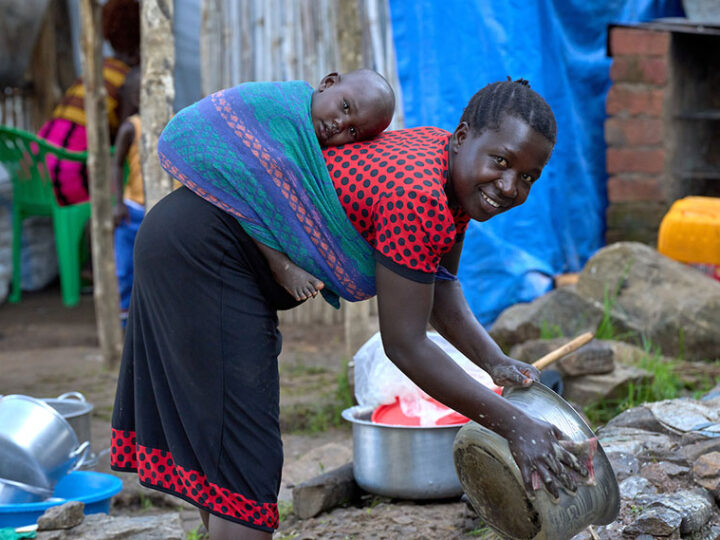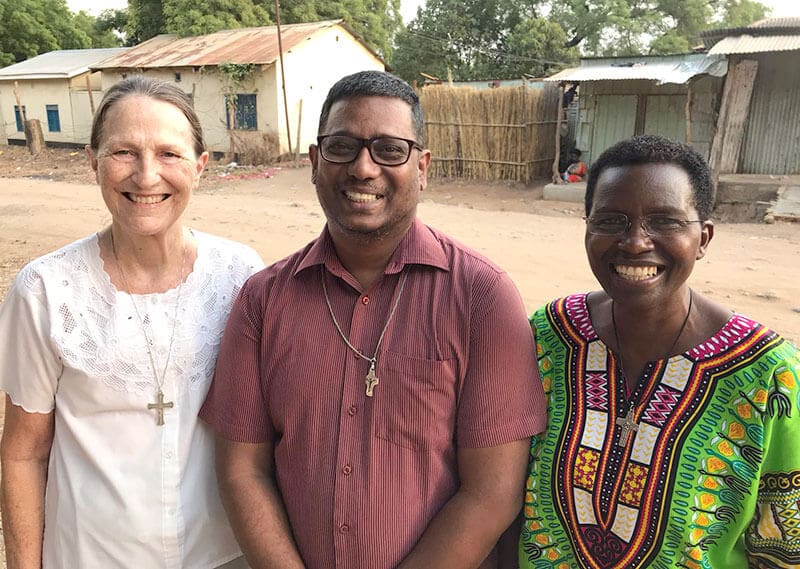
South Sudan is working hard to prevent the onslaught of COVID-19. So far, the country has reported only two incidences of this deadly virus. Given that the health care system is very weak and unequipped to deal with this deadly pandemic, the government is taking precautions by closing all schools, churches and institutions where people gather for education, training and religious services. They have also closed the borders to all but those providing humanitarian assistance. These provisions are initially put in place for 30 days.
The country is just emerging from six years of civil war and has only recently sworn in a new transitional unity government. They were in the process of training security personnel to safeguard opposition leaders who have returned to Juba, and integrating a new unified military force. Governors have yet to be appointed to the 10 states agreed upon by the new government. All this is to say, this pandemic could not have come at a worse time for this fragile country.
Solidarity with South Sudan, which manages and provides staff for three institutions, an agricultural training project surrounded by an internally displaced camp, and pastoral formation projects, is challenged in new ways. The expatriate religious staff has chosen to remain in the country in solidarity with local staff who maintain services at the institutions. These local staff depend on Solidarity for salaries to meet the needs of their families. All are paid in South Sudanese pounds, the local currency, which is impacted by an economy which has virtually collapsed over the past few years. Solidarity has often provided extra funds to ensure local staff have what they need to feed their families. Most are day laborers, cooks, cleaners, gardeners, drivers, etc.
The dilemma: Do we continue to pay local staff and provide them with meaningful work, when possible, and help them to retain their dignity, or do we let them fall into a life of poverty and misery?
For the Good Shepherd Peace Center, which depends on programs for income to pay staff, this is a serious problem. The center has only been in operation for three years. Local people from the surrounding village have been employed and trained. The director has worked hard with the local chief, police commander and military to ensure peace in the area. Should the center have to let local staff go, there will soon be a camp of hungry people outside the gate, which may contribute to unrest in the community.
Solidarity has just placed a new pastoral team of four at the center and assumed the management of the center. The center depends on usage of the facility for income to pay employees and maintain the facility. Currently, there are no funds to support the local staff nor the pastoral team, since at this time there are no programs allowed to be hosted at the center. No conferences, no income. And no government bailout or unemployment insurance for the local staff!
Solidarity needs to raise $10,000 per month to retain the local staff and prevent hunger and unrest in the local community until such time as they are able to host groups for meetings and conferences, that is, until this pandemic passes through South Sudan. Can you help us to support local staff for one month? Donate now
Sister Joan Mumaw, IHM
Photo: Three of the four Solidarity pastoral team members at Good Shepherd Peace Center in Kit, South Sudan. From left: Sister Terezinha Esperanza Merandi, MSC (United States/Brazil), counselor and spiritual director; Brother Christy John, CMF (Sri Lanka), administrator and program director; and Sister Scholasticah Nganda, RSM, director (Kenya).


